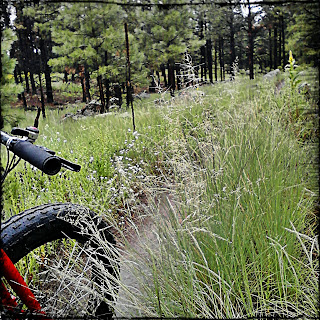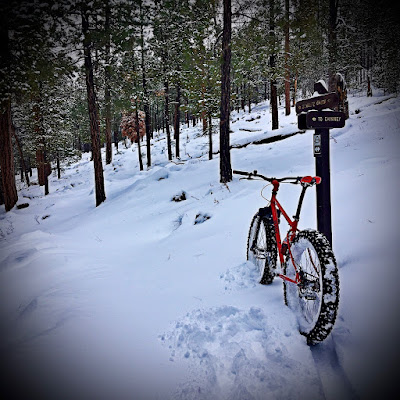When I was young I wrote poems. Mostly bad poems. I did not intend for them to be bad. I had hoped for them to be good.
But they were not.
However, they are not too-terribly-bad either, I suppose, particularly when considering the shallow depth of the well from which they were drawn at the time.
I stumbled upon a few of them recently, in an tattered manila file tucked away in the back of a closet.
Below are some of the sad, angsty lines I wrote between 1986 and 1991. Back when I was in my 20s and thought I knew it all...
Payson, Springtime, 1976
Heaven's not filled
with Earth's departed souls
now is it.
The faucet's trough-plink
old hand's country signal's bad
flipping static.
Stockyard's smell
all rotten bales.
It's not in pictures
horse's self-defecation drying
cracked open like this.
There's a horsepath near a Payson ranch
rutted rental-inches into the planet
showing papersack gravel laid open
beneath grass-woven soil.
None talk much
less run until they have sight of it
tail-to-nose waiting
sniffing clover and wild flowers
or walking in sleep toward it
transfixed on this appointed path
the yearling's new faces
the ancients' breathing sensing
again able to move limbs quickly
smoothly to the gate.
The yellow line of teeth
the bridled lips pulled back
wanting.
Fly Lady Bug
Sitting watching clouds fly past the moon
It must be hoards
just swarms of bugs
that are disappointed by this moon
and all moons.
To spend your days
flying gyres upward toward
the sky
just to have the light taken away each night
by a paleness only the clouds can see
sharply enough to fly past.
That's why you seek out
the street-light below where I am perched
ape-like on my balcony wall
to loop and dive and crash
around this sodium-vapor sun.
If I open the door
you'll follow me inside
to the bedroom
and loop and dive and crash
around my lamplight.
I'll find you there when I retire
lying dead on my sheets.
Empty shells with little wings.
I'll come inside and join you soon
someday later tonight
and we'll lie together
and you'll hold me
and I'll think: this is what I came here for.
Reason. And other functions.
I've been listening to my own voice
echo down stairwells
for so long
now let me rock
with my feet up on the bed
and crack nuts in my hand
while I listen to your voice
as you sit
knelt at the foot of the bed
late at night near me
I watch your eyes
in this blue darkness and see them
grey areas with fire behind them
like eclipsing moons
Your lashes make shadows on the floor.
They reach down beneath the floorboards
and under the window's sill
and pick dandelions outside
You talk about me how
I'm the kind of man who
gets paid
for doing what he loves most:
taking things apart.
And about Jack Nicholson
and how you know why he went to the Cuckoo's Nest
And about Sartre
and Python. Laura Petrie
Hitchcock's body
How growie things reproduce themselves
almost without gratification
and without
and almost always without
'Til it makes you look
like those are nearly tears
between your lashes
reflecting this night's brightness
When I know it's just sleep
or the lack of it there
And you make me wonder
as I listen to your exposition;
Will you understand me
when I lay down beside you
to whisper my love?
June was getting old
June was getting old
she said
looking softly down his arm to the floor
speaking slowly purposefully
that there is this thing, yes.
reading the same books
looking out through twinned eyes
always at this too-obvious-letters-written-man
who rode to forget
then forgot to ride
slept no further or sooner than
whenever you're ready to leave
spake ice-cream talk to you
before you ever heard it
sent love letters within himself
and imagined your tears dried by them
and you never knew
me
who talks mainly for joy
the who-you-are of it all
then for intimacy
finally for solace
who still waits 'til hope subsides
paces and yearns to prove indispensable
like drinking water for kisses
esoteric iodine tablets
intended to remove
the browns from the greys
who hunts for words
and becomes galvanized into
this being
alone
who never quite gets each dream
to fall in place
in this great-green-dream-hopper
instead it yields bitterness
a kind of bile in the throat
kinked like a hose
spitting sputtering
out the smallest hole's
path
of least resistance












































































